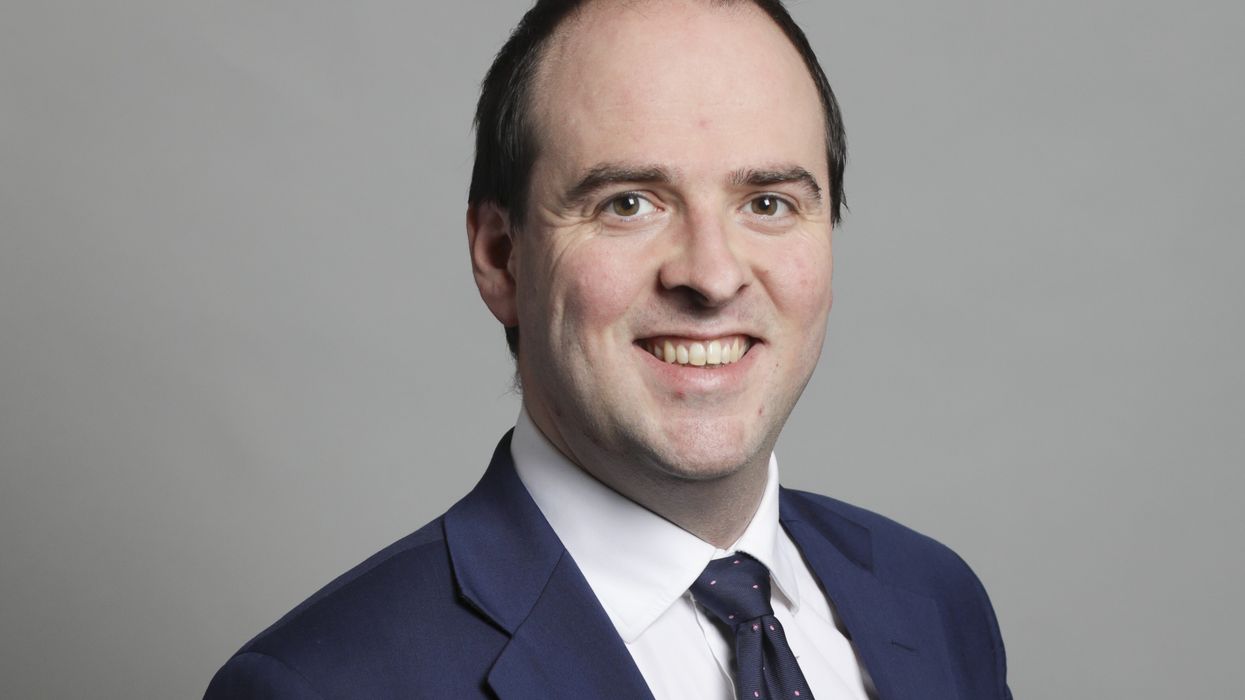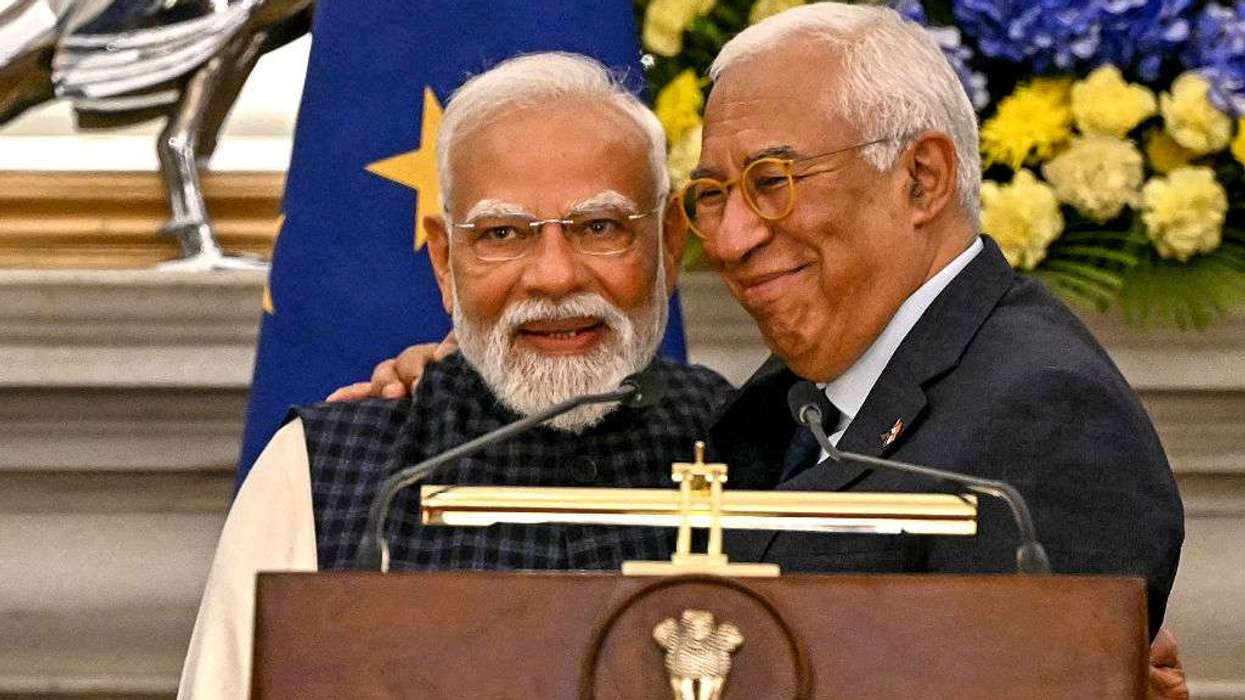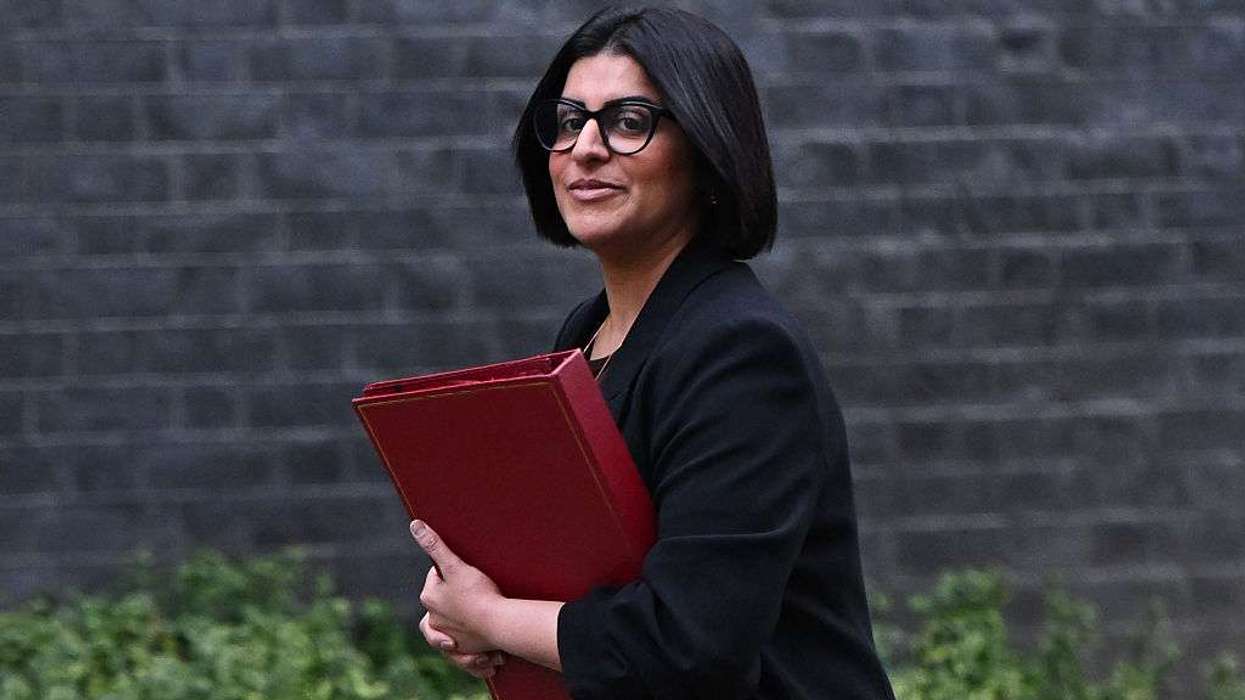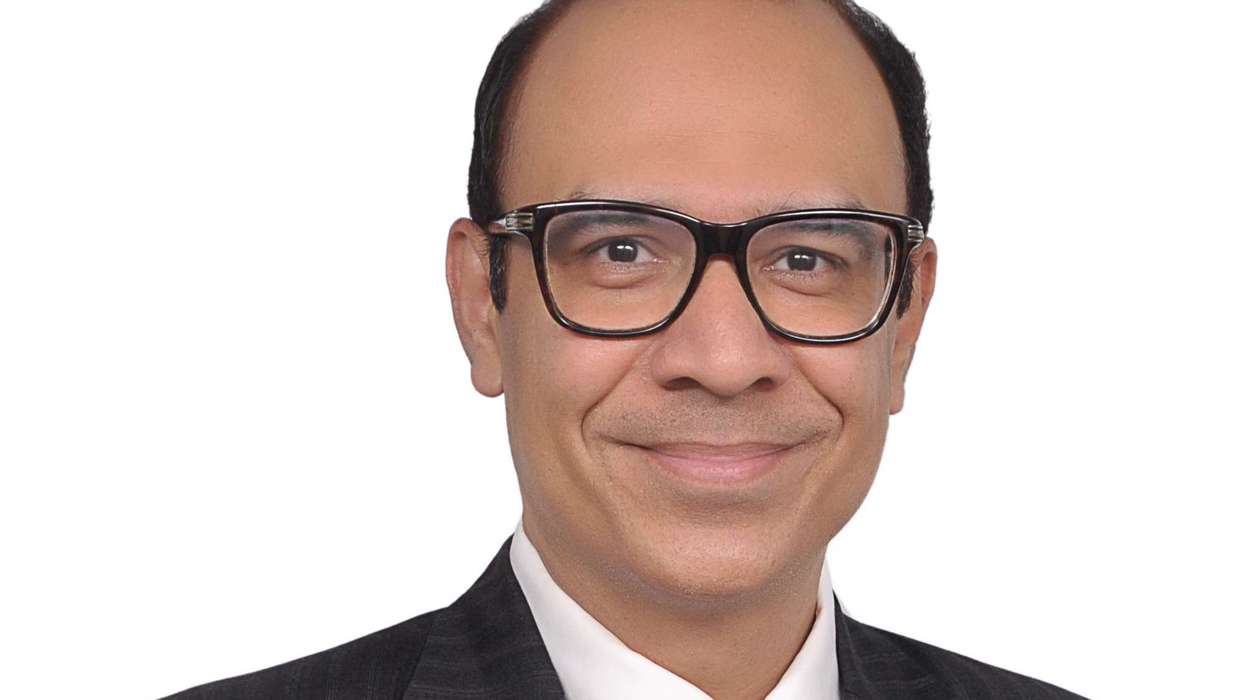A LEADING academic has proposed banning marriages between first cousins as a potential solution to combat forced marriages in the country.
Patrick Nash from Oxford's Pusey House argued that most forced marriages involve close relatives, often with an underlying motive of securing UK immigration visas.
Nash supported a shadow minister's proposed bill to prohibit first-cousin marriages, citing public health concerns and potential genetic risks for children born to closely related parents, reported the Times.
His research suggested that these marriages are particularly prevalent in Pakistani and Bangladeshi communities. Research revealed that cousin marriages can account for up to 60 per cent of marriages in these communities.
Shadow minister Richard Holden proposes legislation to prohibit first-cousin unions, viewing it as a mechanism to protect public health and signal international leadership on marriage practices.
However, the proposal has sparked academic debate. Prof Neil Small, who has extensively studied marriage patterns in Bradford, suggested the concern is becoming less relevant.
His research indicated a significant decline in consanguineous marriages among Pakistani heritage communities, with related marriages dropping from 62.4 per cent to 46.3 per cent within a decade.
The Home Office's forced marriage unit recorded 283 intervention cases in 2023, representing a 16 per cent reduction from the previous year. Notably, a quarter of these cases involved individuals under 18 years old.
Small stressed that while cousin marriages slightly increase genetic disorder risks from three per cent to six per cent, technological advances in genetic screening are making such unions less problematic. He argued that comprehensive genetic counselling would be more effective than an outright ban.
Holden, however, remains resolute, stating, "Behind these statistics are lives where women are controlled, and communities remain unintegrated." He believes a legislative ban would demonstrate the UK's commitment to preventing abuse and protecting vulnerable people.
The proposed legislation comes alongside recent legal changes, including raising the marriage age from 16 to 18 in England and Wales. This adjustment has already triggered increased enforcement, with police recording 201 forced marriage offences in the past year – a 16 per cent rise.
Interestingly, the academic discussion references historical figures like Queen Victoria, Charles Darwin, and Albert Einstein, who all married first cousins, highlighting the historical complexity of such unions.
A Ministry of Justice spokesperson indicated that the government is currently reviewing existing marriage laws, considering the Law Commission's 2022 wedding report before formulating a definitive position.
Nash argued that banning cousin marriages would immediately reduce both forced marriages and associated "honour violence" culture, particularly affecting women's autonomy and safety.





